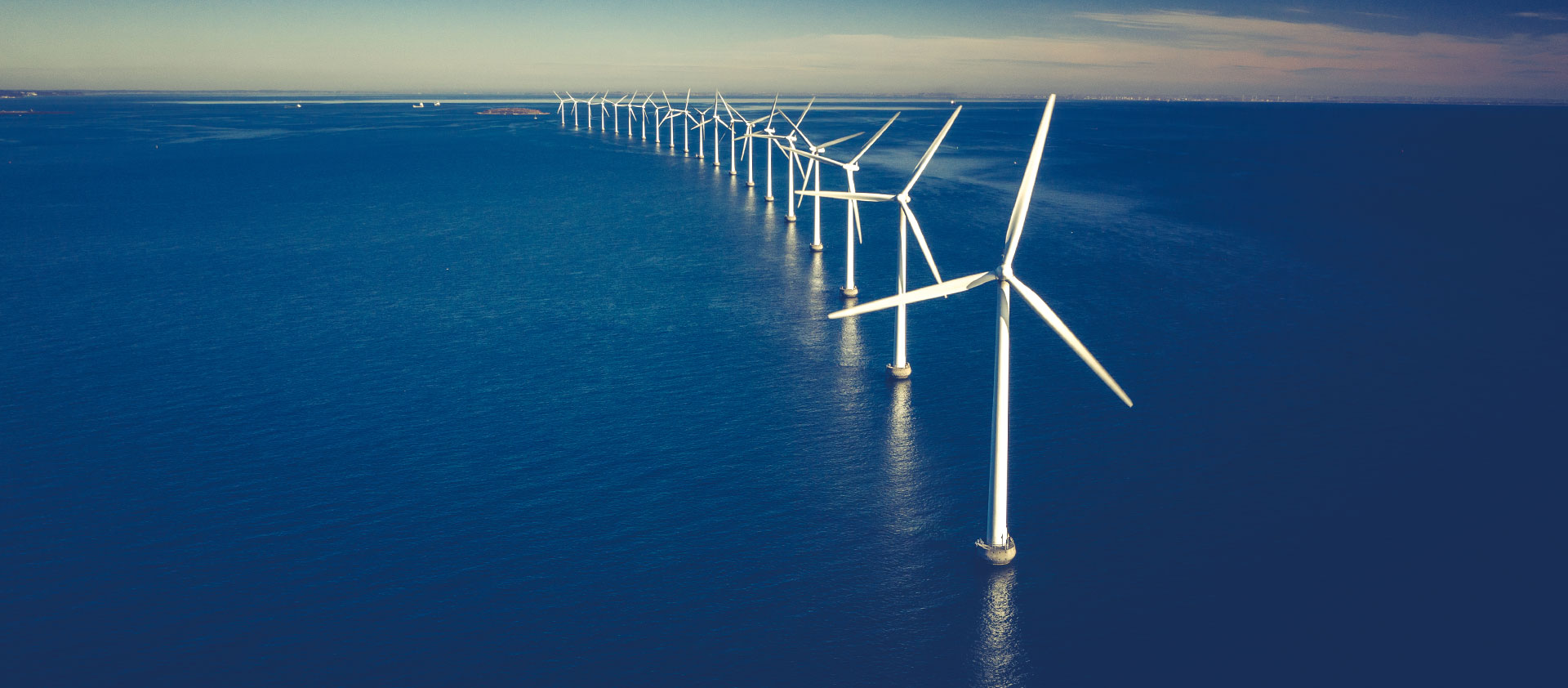Decarbonisation
AER AGL Aluminium Batteries Battery Budget BYD CATL CBAM China Coal Critical minerals Decarbonisation DMO Election Electric Vehicle Electricity/electrification Energy crisis Federal Election Finance Sector & Emissions gas Green Iron/Steel Hydrogen India & Adani Nuclear offshore wind Oil OP EDS Peter Dutton Podcasts Renewables Solar Tariff Taxes and subsidies US IRA/EU NZIA et al Wind
Corporate climate action was sidelined in 2024. This year may be worse
The Australian Financial Review
Macquarie, IFM-backed net zero group suspends itself as Trump looms
The Australian Financial Review
Xi Jinping’s energy plan for China: Everything, everywhere, all at once
The Australian
Renewable energy projects ‘slow-walked’ in face of Dutton’s nuclear promise, union says
Capital Brief
The solar rush: A planet-wide solar boom has been beating expectations at every turn. And it’s only just the beginning.
ABC online
Halfway there: Australia on track for renewable goal
Michael West Media
Battery storage key to nailing renewable energy target of 82% by 2030: report
PV Magazine
“Tidal wave” of big batteries and record solar and wind put 2030 renewables target within reach
Renew Economy
Investors “not interested” in nuclear
FS Sustainability
VIDEO | Opposition’s nuclear costings released
Sky News
China’s emissions are peaking. Bringing them down will be the hard part.
Washington Post
